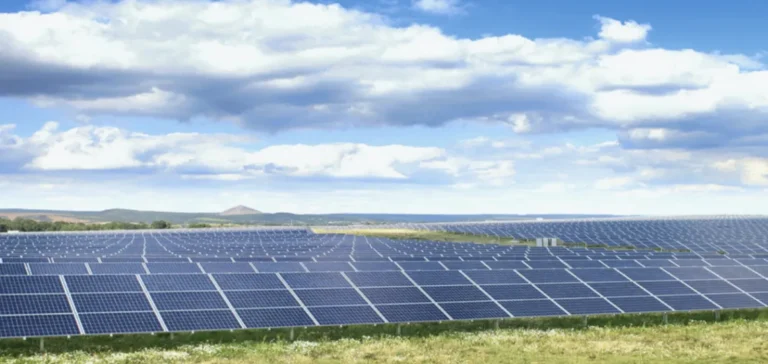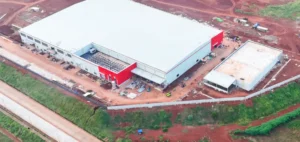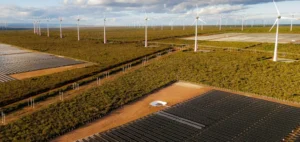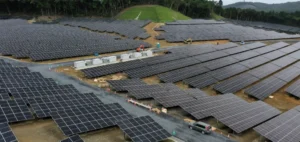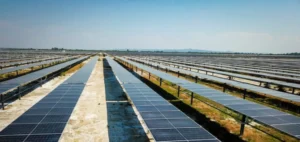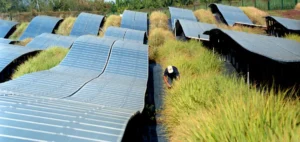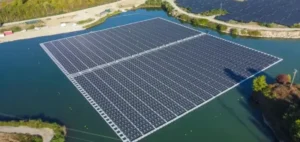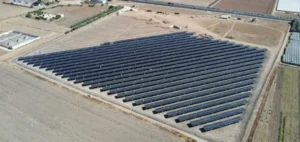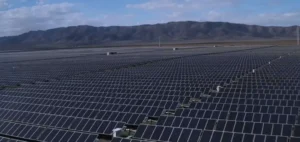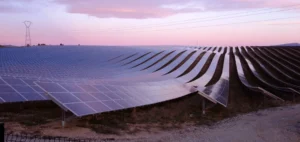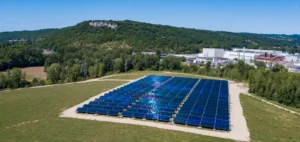Vikram Solar, an Indian manufacturer of photovoltaic (PV) modules, has signed an agreement with the Bondada Group to supply 250 megawatts (MW) of solar modules for a project in the state of Maharashtra. The supply will begin during the 2025–2026 fiscal year, according to the terms of the contract.
The agreement covers N-type solar modules, known for their superior energy yield. This technology, often favored for large-scale projects, is designed to optimize long-term energy production. Vikram Solar is listed in the government of India’s Approved List of Models and Manufacturers (ALMM), a key factor for public tenders and projects receiving national subsidies.
Strengthening industrial positions
This order confirms Vikram Solar’s position among the major solar module suppliers in the country. It forms part of a broader dynamic of industrial growth driven by rising domestic demand for photovoltaic solutions. The Indian renewable energy market continues to attract strong investment, fueled by energy development targets set at both federal and regional levels.
The Bondada Group, based in India, is currently developing a project portfolio totaling 3 gigawatts (GW) in installed capacity. Its strategy relies on partnerships with trusted manufacturers to secure the technological supplies needed for its ambitions, including a goal of 10 GW of renewable capacity by 2030.
Manufacturing context and technological reliability
Vikram Solar was named a “Top Performer” in the 2025 edition of the PV Module Reliability Scorecard published by Kiwa PVEL, a key technical benchmark in the industry. The company has appeared in the ranking for the eighth time, including seven consecutive years. This recognition is based on durability, thermal performance, and degradation resistance testing.
The use of N-Type modules aligns with a broader industry trend toward increasing energy density and lowering the cost per kilowatt-hour (kWh) over the system’s lifetime. This technological segment is gaining ground over conventional P-Type modules, which offer lower efficiency and light resistance.
Market challenges and logistics
The choice of Maharashtra as the deployment site aligns with the Bondada Group’s regional development strategy, as the state is among the most dynamic in the country in terms of energy infrastructure. The added capacity will help meet local industrial demand while contributing to the national plan to strengthen the energy mix.
Initial deliveries are expected to begin in the 2025–2026 fiscal year. The logistics schedule, not publicly detailed, will depend on Vikram Solar’s production capacities, which have recently been expanded. The company is targeting continuous scale-up to meet the growing demand from large-scale project developers.


